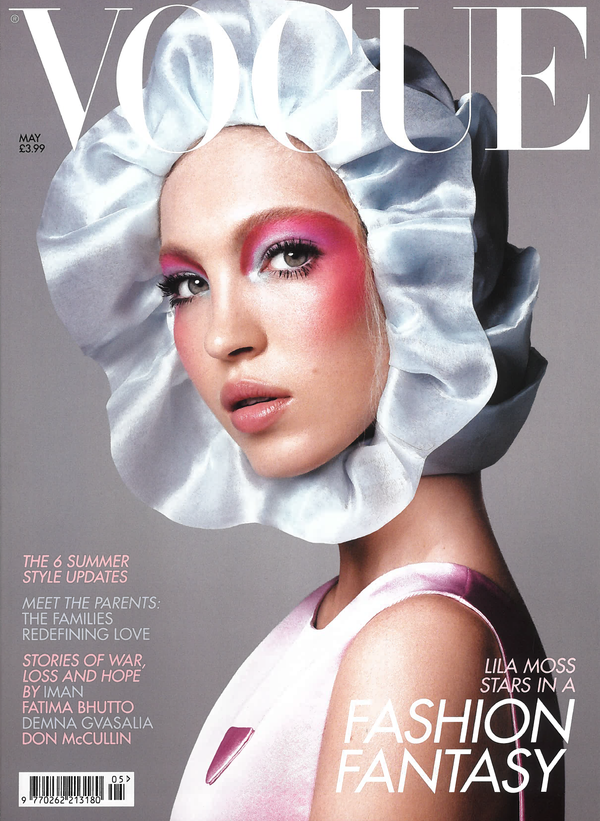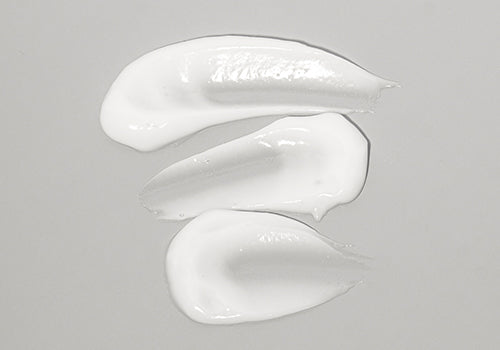The Myth of Men's Skincare: Breaking Down Biased Marketing
When it comes to skincare, men are often marketed to in a way that reinforces stereotypical notions of masculinity. From rugged packaging to buzzwords like "powerful" and "tough," the industry would have us believe that men require a different, more potent set of products than women. But the reality is, when it comes to ingredients and efficacy, there's no real difference between men's and women's skincare.
One common marketing tactic used by many brands is to label certain products as "for men," when in fact they contain the same active ingredients as products marketed towards women. Take, for example, a popular men's face wash that touts its "deep cleaning" abilities. If you were to compare its ingredients to a similar women's face wash, you'd likely find that they're identical. Yet the men's version often costs more.
This bias in marketing not only reinforces harmful gender stereotypes, but it also perpetuates the myth that men's skin is somehow fundamentally different than women's. In reality, there's no such thing as "men's skin" or "women's skin" - skin is skin, and it requires the same care and attention regardless of gender.
So why do brands continue to perpetuate this myth? The answer is simple: it's profitable. By convincing men that they need a separate set of products, brands are able to charge more for essentially the same thing. And because men are often less familiar with skincare than women, they may be more susceptible to these marketing tactics.
But it's time to break down these barriers and demand more from the skincare industry. Men deserve access to the same products and information as women, and they shouldn't be made to feel less "manly" for caring about their skin. So next time you're browsing the skincare aisle, don't fall for the marketing hype - choose products based on their ingredients and efficacy, not their gendered packaging.




